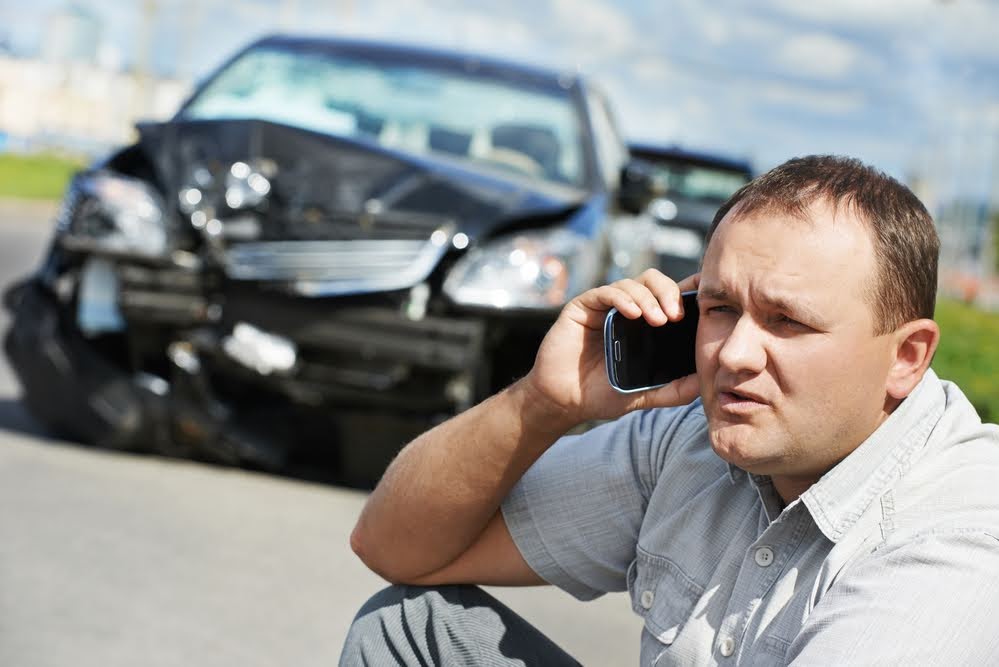What You Need to Know About the No Pay, No Play Law

If you were driving an uninsured vehicle or a passenger in an uninsured vehicle that you own, at the time of an auto accident in Louisiana, you will need to know about Louisiana’s no-pay, no play law and how it may affect your claim. Discover answers to some of the most prevalent questions about this law.
What Is Louisiana’s No Pay, No Play Law?
Under Louisiana law, if you drive an uninsured vehicle and you get in a motor vehicle collision, you will generally be unable to collect the first $15,000 for your bodily injury and the first $25,000 for your damaged vehicle. This law may apply whether or not you were at fault for the accident.
According to the Insurance Information Institute, approximately 13% of drivers in Louisiana do not have minimum liability insurance. The amount of the no pay, no play “penalties” are equal to the amount for minimum liability insurance in Louisiana.
Does the No Pay, No Play Law Pertain to Passengers?
If you were a passenger who was injured in an accident in a vehicle that was not insured, the no pay, no play law will not apply to you unless you are an owner or co-owner of the uninsured vehicle.
How Can the No Pay, No Play Law Affect My Claim?
The no pay, no play law will likely cause you not to be able to recover compensation for crashes as long as the damages do not exceed $25,000 in damage to your vehicle or $15,000 in medical expenses, pain and suffering or other expenses from the accident. However, if your damages exceed this amount, you may still be able to recover the excess amount of damages.
For example, if you were an uninsured driver and you were in a wreck due to a distracted driver, you may have gone to the emergency department for treatment of your injury. You may have incurred the following damages:
- $2,500 in ambulance fees
- $10,000 in emergency department expenses
- $5,000 in lost wages
- $5,000 in follow-up care
- $10,000 in costs to repair your vehicle
- $15,000 in pain and suffering
If the other driver was at fault for the accident and the law did not apply, you may be entitled to compensation for the full $47,500 of damages you incurred. However, with the no pay, no play law in effect, you would not receive compensation for the vehicle repairs in this example, and you would be responsible for the first $15,000 in medical fees. This would reduce your potential award to $22,500.
Furthermore, the combination of the application of the No Pay, No Play law and the Civil Justice Reform Act of 2020 may significantly decrease the value of your claim. Under the reformed laws, you are only eligible to recover the amount of medical expenses you paid, not that you were billed.
Are There Exceptions to the No Pay, No Play Law?
There are several exceptions to the no pay, no play law. They include the following:
- The uninsured vehicle is legally parked.
- You were driving from another state where you were not legally required to maintain liability insurance.
- The other driver intentionally caused the accident.
- The other driver was intoxicated at the time of the collision and convicted for DUI.
- The other driver fled from the scene of the accident.
- The other driver was committing a felony at the time of the collision.
What Do I Do If I Have Questions About the No Pay, No Play Law?
If you have questions about how the no pay, no play law might affect your claim and why you should still seek compensation for your injuries, contact us to schedule a free case review.
This Blog/Web Site is made available by The Wenck Firm, LLC, for educational purposes. It provides general information and a general understanding of the law, but does not provide specific legal advice. By using this site, commenting on posts, or sending inquiries through the site or contact email, you confirm that there is no attorney-client relationship between you and the Blog/Web Site publisher. The Blog/Web Site should not be used as a substitute for competent legal advice from a licensed attorney in your jurisdiction.
